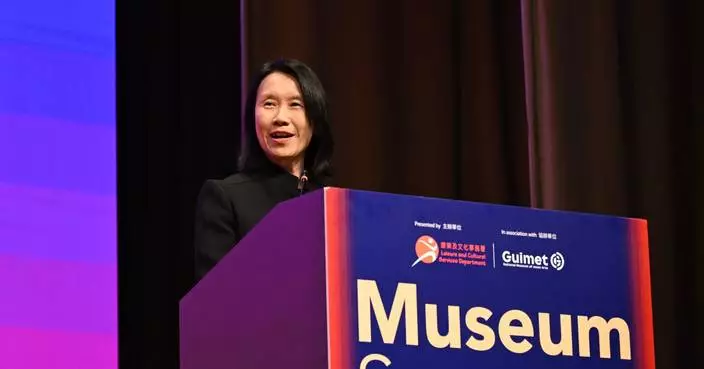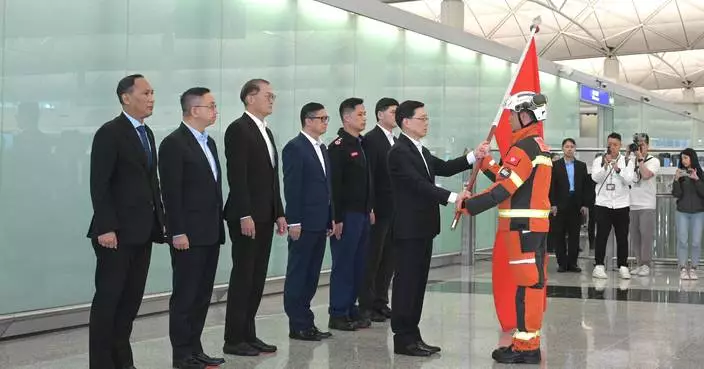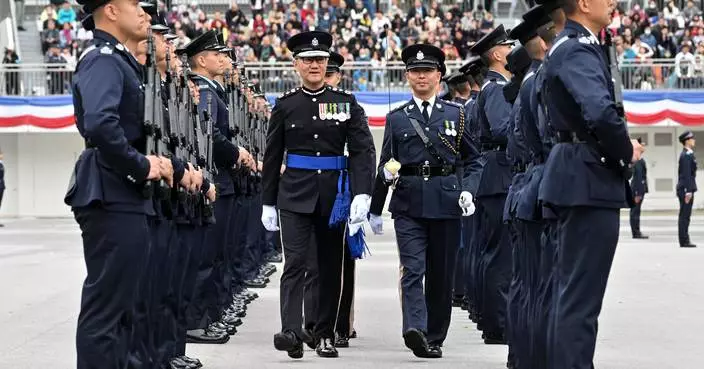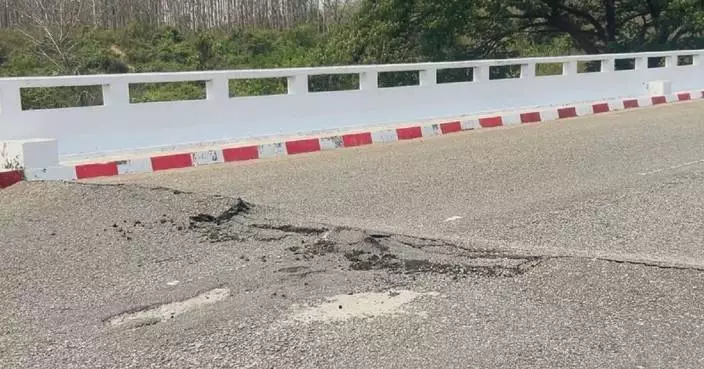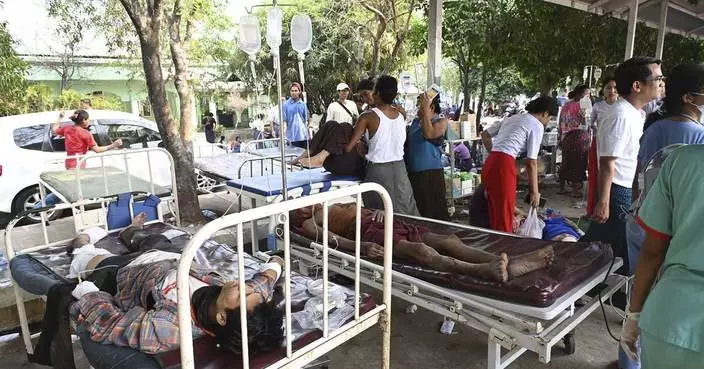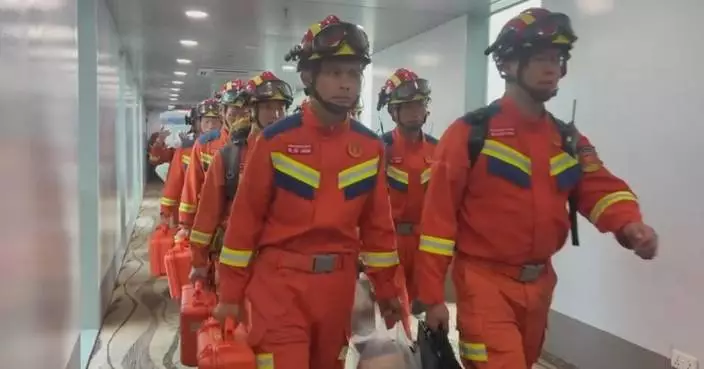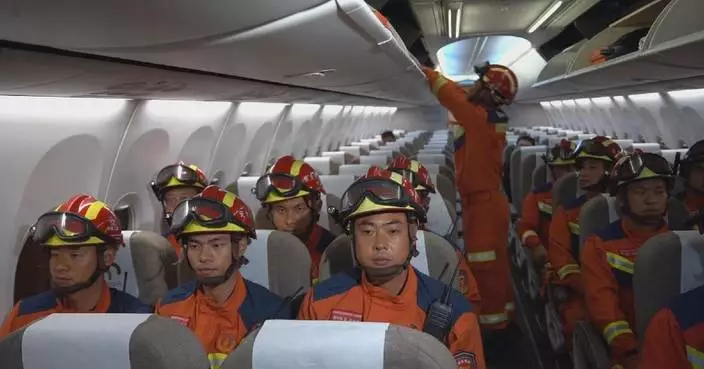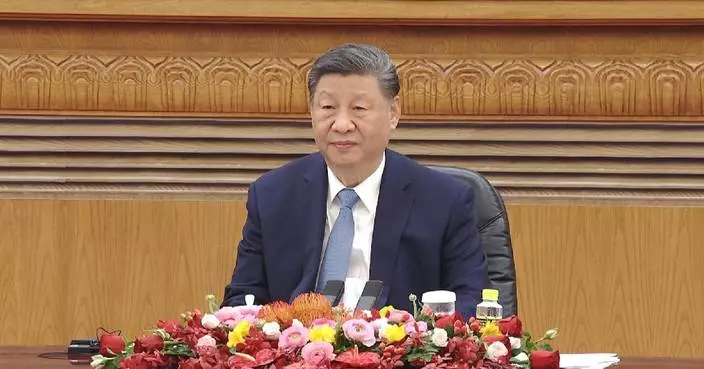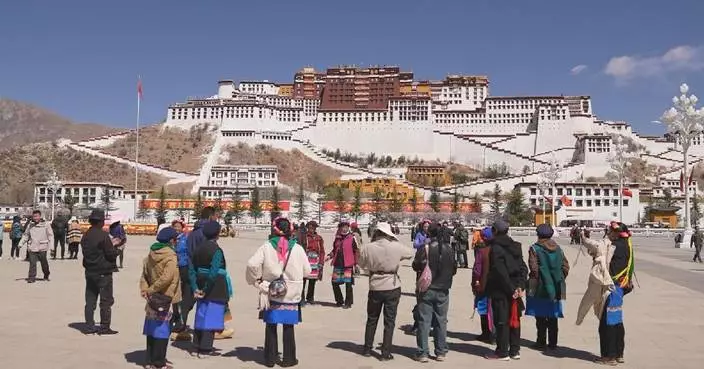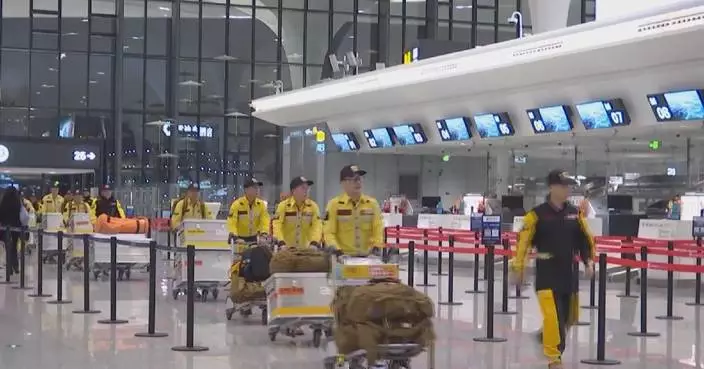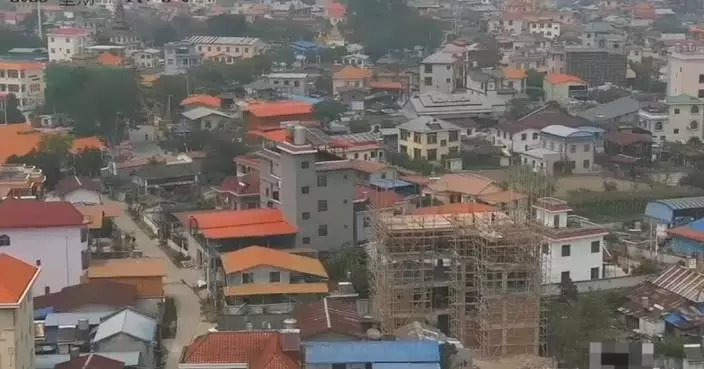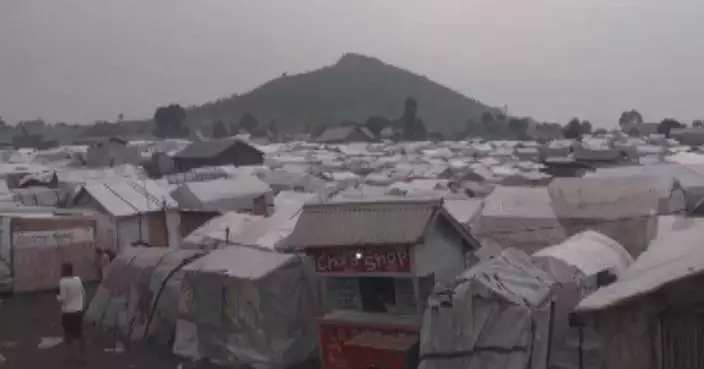Teacher study tour to henan explores ancient chinese dynasties for history education enrichment in celebration of pr china and hksar anniversaries
Co-organised by the Chinese Culture Promotion Office (CCPO) of the Leisure and Cultural Services Department (LCSD) and the Education Bureau (EDB), a teacher study tour to Henan on the ancient civilisation of the Xia, Shang and Zhou dynasties, in celebration of the 75th anniversary of the founding of the People's Republic of China and the 27th anniversary of the establishment of the Hong Kong Special Administrative Region, will be held from tomorrow (June 27) to July 1. More than 20 secondary school Chinese history teachers will join the five-day study tour to visit places including Zhengzhou, Anyang and Luoyang of Henan Province to enhance their understanding of the historical background of Henan’s Xia, Shang and Zhou dynasties for promoting history education and enriching teaching content, through visits to cultural institutions and archaeological sites, as well as from expert scholars' sharing and interviews.
The first exhibition of the CCPO’s General History of China Series, "The Hong Kong Jockey Club Series: The Ancient Civilisation of the Xia, Shang and Zhou Dynasties in Henan Province" exhibition, is currently held in the Hong Kong Museum of History. To tie in with the exhibition and with the full support of the Henan Provincial Administration of Cultural Heritage, the study tour allows teachers to visit various museums and archaeological sites, including Anyang Municipal Museum, Luoyang Museum, Yinxu Museum, the National Museum of Chinese Writing and the Erlitou Site. During the visit to the Henan Museum, teachers joining the study tour will attend a seminar, at which experts will share experiences on how they make use of museum resources to promote history education, to see what can be learned for Hong Kong. They will also explore teaching resources provided by Mainland institutions to support Hong Kong students in learning Chinese history and culture.
Teachers play a pivotal role in promoting and preserving Chinese culture. The Chinese History and Culture - Train-the-Trainer Workshops co-organised by the CCPO and the EDB are tailor-made for secondary and primary school teachers, and will cover Chinese history and culture, arts, technology, and intangible cultural heritage with a view to providing support for teachers to teach students of different ages and levels Chinese culture, thus enabling the inheritance of Chinese heritage. In recent months, the CCPO has held various teaching seminars, and will arrange diversified events in the new academic year commencing in September, including guided tours for exhibition at the Hong Kong Museum of the War of Resistance and Coastal Defence and exhibitions related to Chinese culture, film screening and thematic talks on intangible cultural heritage and ancient astronomy.
The LCSD has long been promoting Chinese history and culture through organising an array of programmes and activities to enable the public to learn more about the broad and profound Chinese culture. For more information, please visit www.lcsd.gov.hk/en/ccpo/index.html.
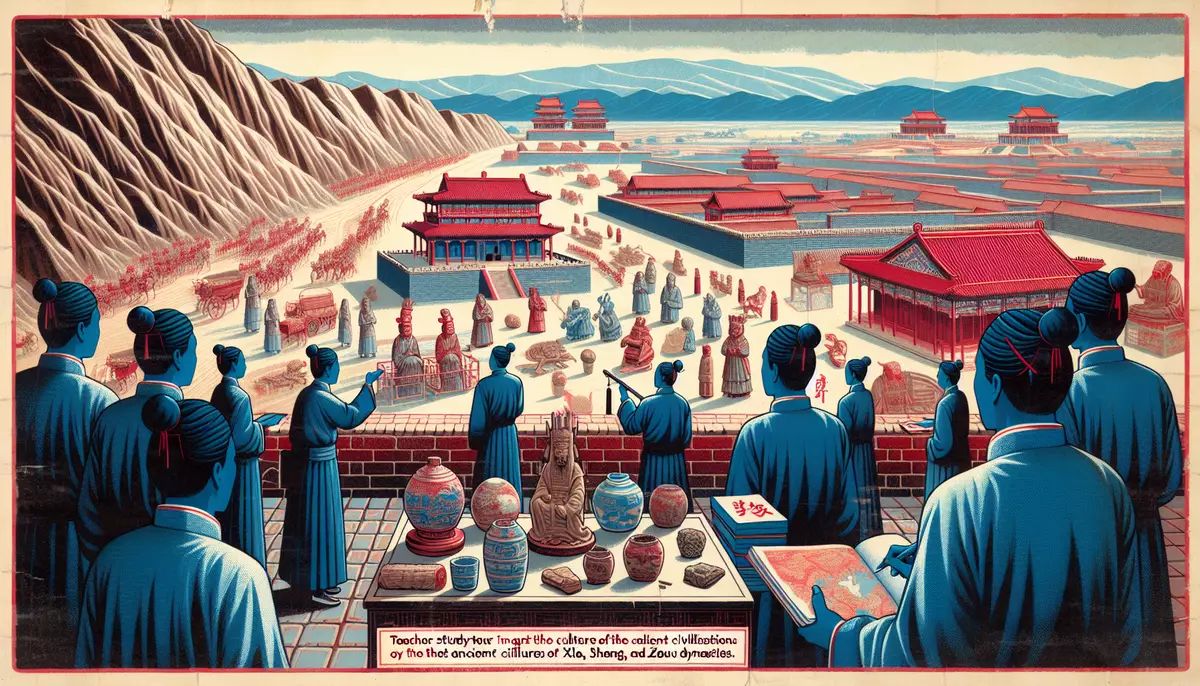
Source: AI-generated images



